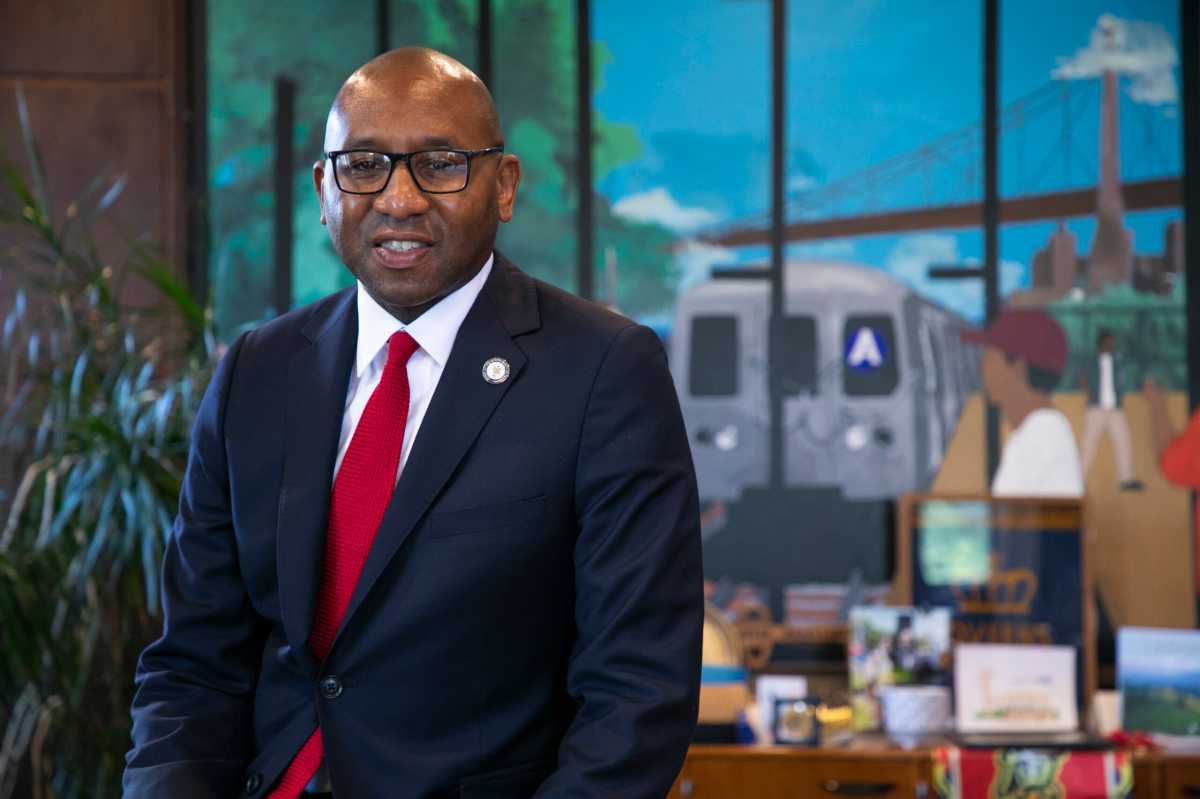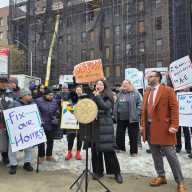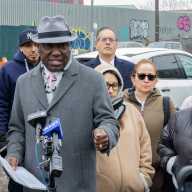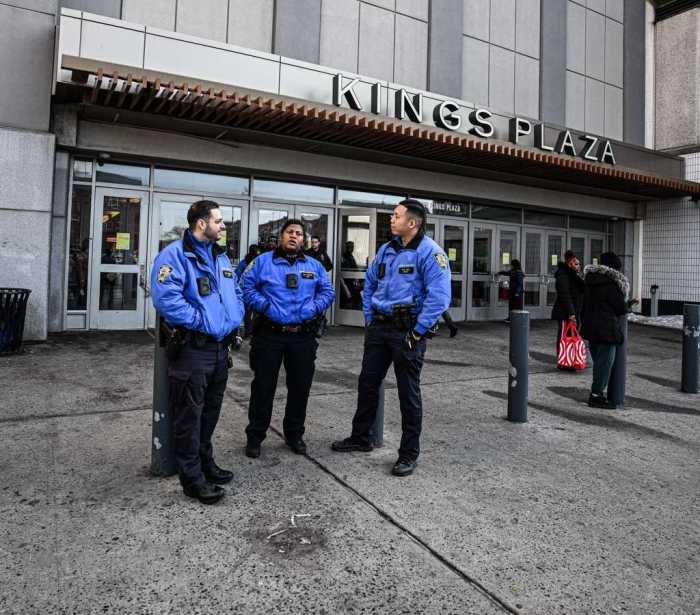On April 5, Queens Borough President Donovan Richards announced his 2023 class of community board appointees — a dynamic and diverse group of civic-minded individuals who will serve on their respective Queens community boards for the next two years.
When he launched his “common sense” community board reform in April 2021, Richards vowed to make the panels younger, more diverse, and include more women to better represent the neighborhoods they serve.
Of the borough president’s 366 appointees across Queens’ 14 community boards, 116 are new members who are not currently serving on a board — the highest-ever number of new appointees tapped to serve under the Richards administration.
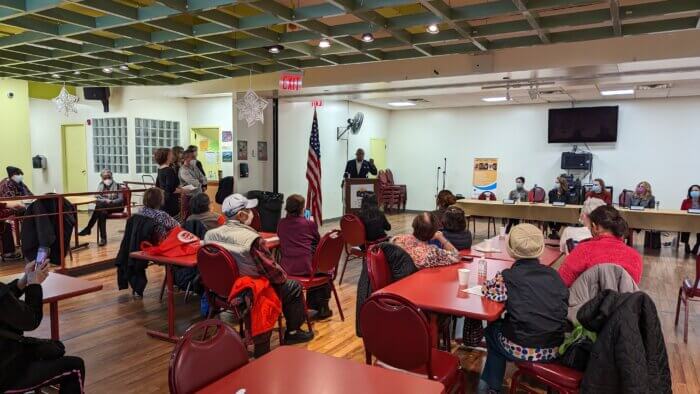
The 366 appointees were chosen out of this year’s pool of 938 applicants, just three short of the borough’s record of 941 applications in a single year, set in 2021.
Since taking office in December 2020, Richards has made significant progress in correcting the chronic, long-standing underrepresentation of numerous communities and demographics in Queens’ 14 boards. The 2023 class of new appointees represents another major step toward a more equitable representation in local government.
Of the 116 new members, 50% are under the age of 45, and nearly 25% are between the ages of 16 and 35, reflecting the growing interest in board membership among the borough’s younger generations. Prior to the Richards administration, nearly three-quarters of all board members were over the age of 45.
A breakdown of the demographics revealed that of the 116 new members, 20.7% identify as Hispanic/Latinx — an increase of nearly four percent from last year’s group of new members. Meanwhile, African Americans make up 21.6% of new appointees in 2023, with 13.8% and 7.8% identifying as East Asian/Pacific Islander and South Asian, respectively.
More than two-thirds (67.22%) of new appointees do not identify as white.
Prior to the Richards administration, just 43% of board members identified as female. While this year’s class represents a slight improvement on the gender makeup of Queens’ boards figure, with women making up 44.8% of new appointees, more than half (51.3%) of Richards’ new appointees across his three community board application cycles have been women.
Additional data revealed that mass transit users make up a significant chunk of the 2023 class of new members. More than half of the 116 new appointees (50.9%) reported they “mostly” or “often” navigate the borough by using the subway, while 89.7% said they at least “sometimes” use the subway to get around. More than three-quarters (76.7 %) of new appointees at least “sometimes” ride the bus, and nearly a third (31.9%) at least “sometimes” use a bicycle or other micro-mobility vehicle for transportation.
“The historic 2023 class of community board appointees represent the best of Queens. I’m immensely confident in this diverse, dedicated, and determined group of public servants and I look forward to the great work they will do on behalf of their neighborhoods over the course of their term,” Richards said. “Thank you to all 366 of our appointees, but especially our 116 new members, for heeding the call to help create a stronger Queens for all 2.4 million people who call it home.”
There are 59 community boards citywide, and each holds monthly full membership meetings. The boards also hold hearings and issue recommendations about the City budget, municipal service delivery, and numerous other matters that impact their communities.
All Queens community board members are appointed by the borough president, pursuant to the City Charter, with at least half of the appointments nominated by the City Council Members representing their respective community districts. Each board has up to 50 unsalaried members, with each serving a two-year term.
All community board members who wish to continue serving on a board are required to reapply at the conclusion of their two-year term and are subject to review and reconsideration.

